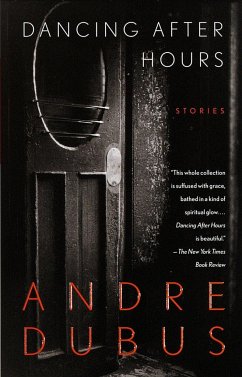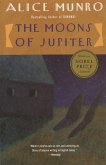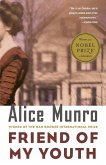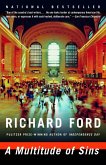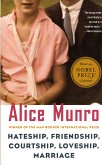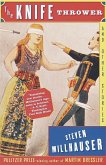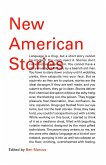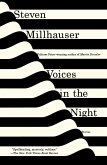A New York Times Notable Book of the Year
From a genuine hero of the American short story comes a luminous collection that reveals the seams of hurt, courage, and tenderness that run through the bedrock of contemporary American life. In these fourteen stories, Dubus depicts ordinary men and women confronting injury and loneliness, the lack of love and the terror of actually having it. Out of his characters' struggles and small failures--and their unexpected moments of redemption--Dubus creates fiction that bears comparison to the short story's greatest creators--Chekhov, Raymond Carver, Flannery O'Connor.
"A master of the short story...It's good to have Andre Dubus back. More than ever, he is an object of hope."--Philadelphia Inquirer
"Dubus's detailed creation of three-dimensional characters is propelled by his ability to turn a quiet but perfect phrase...[This] kind of writing raises gooseflesh of admiration."--San Francisco Chronicle
From a genuine hero of the American short story comes a luminous collection that reveals the seams of hurt, courage, and tenderness that run through the bedrock of contemporary American life. In these fourteen stories, Dubus depicts ordinary men and women confronting injury and loneliness, the lack of love and the terror of actually having it. Out of his characters' struggles and small failures--and their unexpected moments of redemption--Dubus creates fiction that bears comparison to the short story's greatest creators--Chekhov, Raymond Carver, Flannery O'Connor.
"A master of the short story...It's good to have Andre Dubus back. More than ever, he is an object of hope."--Philadelphia Inquirer
"Dubus's detailed creation of three-dimensional characters is propelled by his ability to turn a quiet but perfect phrase...[This] kind of writing raises gooseflesh of admiration."--San Francisco Chronicle

